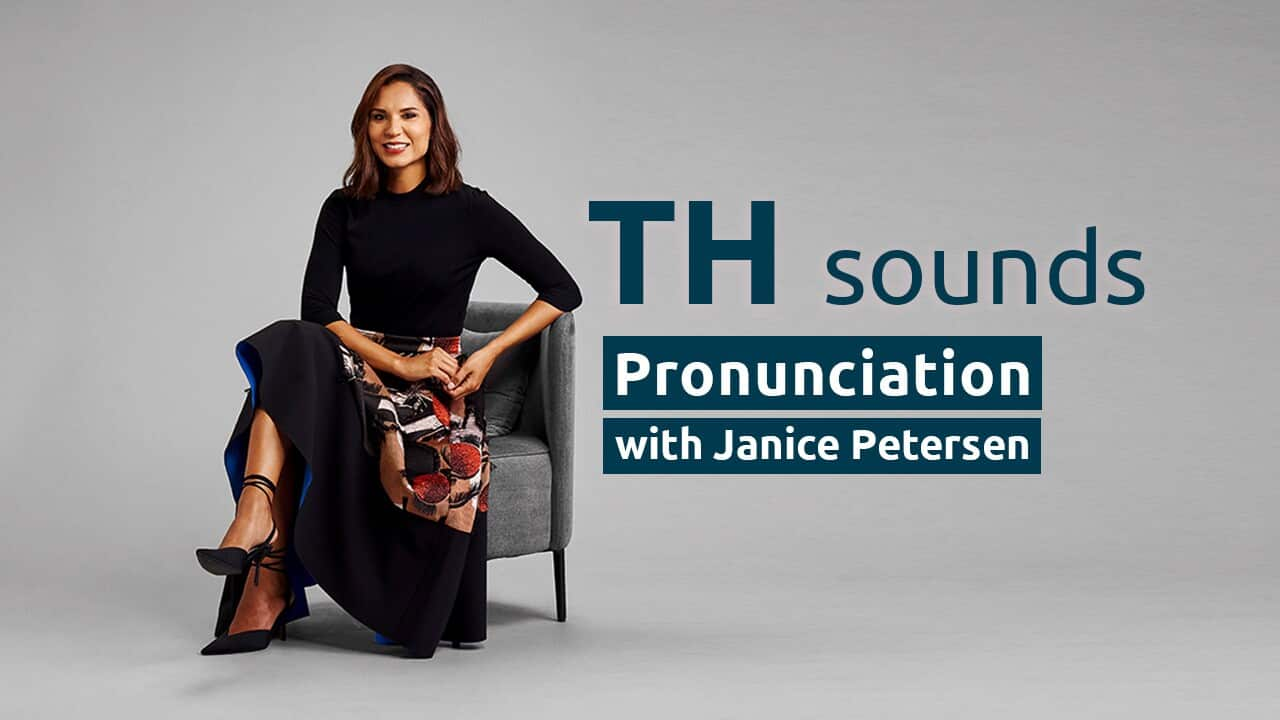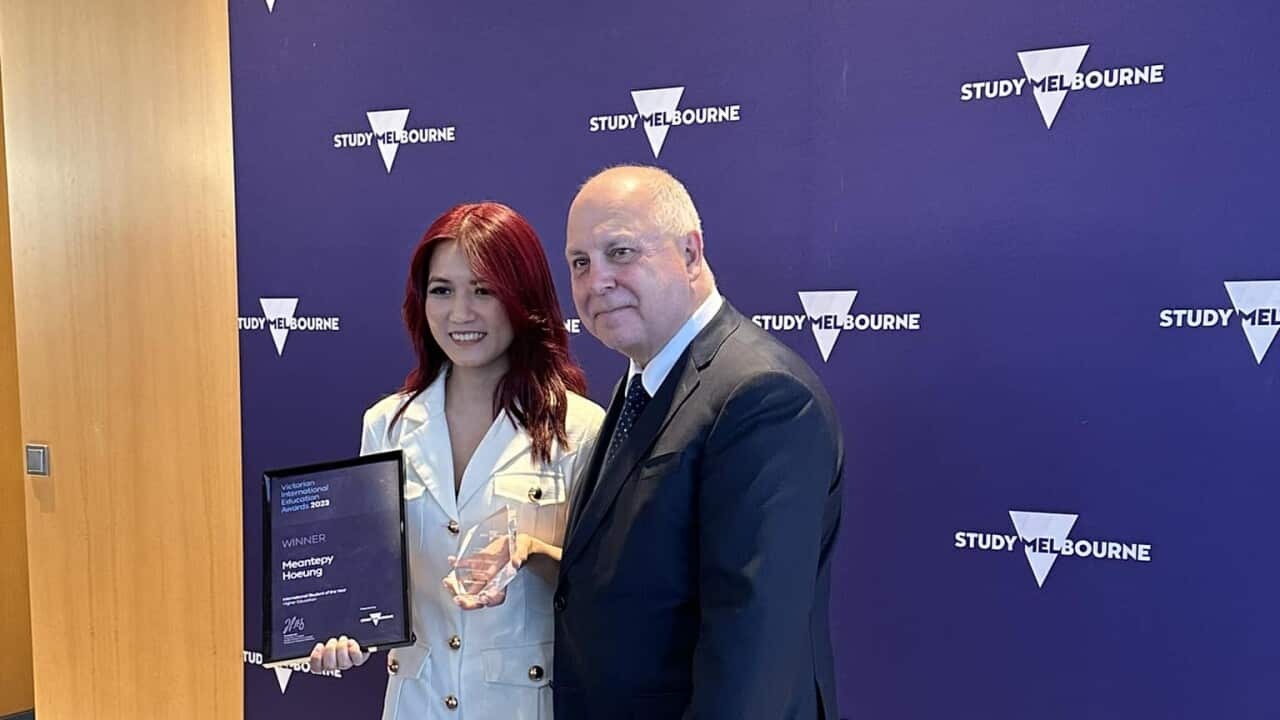Key Points
- Learning Objectives: Can pronounce /ð/ and /θ/ (“th” sound)
- L1 Influence: Dental fricatives challenging to pronounce for Arabic, Vietnamese, and Dutch speakers
- Text for Practice: I have three teeth, but my mother and father have none
- Minimal Pairs: /ð/ they than there those the them this (this sound is voiced- more buzzy) /θ/ thick three thin think thought thing (this sound is not voiced- more breathy)
This lesson suits all learners at all levels.
Transcript:
(Note: This is not a word-for-word transcript)
Do your kids get scared about going to the dentist? I’ll let you in on a little secret, I get pretty worried too.
Today we don’t need to be concerned about the dentist, but we are going to focus on the /θ/ sound in teeth and tooth and compare it to the /ð/ sound in mother and father.
Sometimes it can be hard to tell the difference between the two sounds.
Let’s start by comparing these sounds using some common words.
The /θ/ sound in teeth can also be heard in thick, thin, three, thirty, think, thought and thing.
The sound is not voiced, that means that it sounds breathy.
This is different to the /ð/ sound in mother and father, which is voiced and so is buzzy, like a bee. Here’s some more examples: they, than, there, those, them, this and the.
These sounds take practise to pronounce because they are so similar and also because they are made in the same part of your mouth with your tongue just behind your teeth.
To pronounce the /θ/ sound in teeth, let the air pass above your tongue with a slight hissing noise. If you put your hand in front of your mouth you can feel the air. You can try it with me thhhhhhh.
If you like, you can repeat the words with the /θ/ sound with me:
- teeth and tooth
- thick and thin
- think and thought
To pronounce the /ð/ sound in mother and father, let the air pass above your tongue and push it out with your throat.
If you put your hand on your throat you should feel a vibration. You can try it with me thhhhhhh.
You might like to practice the /ð/ sound with me, repeat the words after me:
- mother and father
- they and them
- this and that
Now if you’re ready, let’s put it all together. This is a sentence I love using to practice these sounds with my kids because they think it’s pretty funny: I have three teeth, but my mother and father have none.
We use the /θ/ sound in three and teeth, and the /ð/ sound in mother and father.
You might like to have a try with me. Who do we have on the line?
Heather Jane
Hi, I'm Heather Jane and these are my students from Chatswood library.
Janice
I have three teeth, but my mother and father have none.
Students
I have three teeth, but my mother and father have none.
Janice
That was fun, thanks everyone!
The two sounds have the same spelling, so it can be hard to know when to use them.
You can work out when to use these sounds by the type of word they’re in.
The /θ/ sound in teeth is most often used in content words like nouns, whereas the /ð/ sound in mother and father is most often found in function words, like pronouns, prepositions, and determiners.
That’s it for this lesson!
CREDITS





